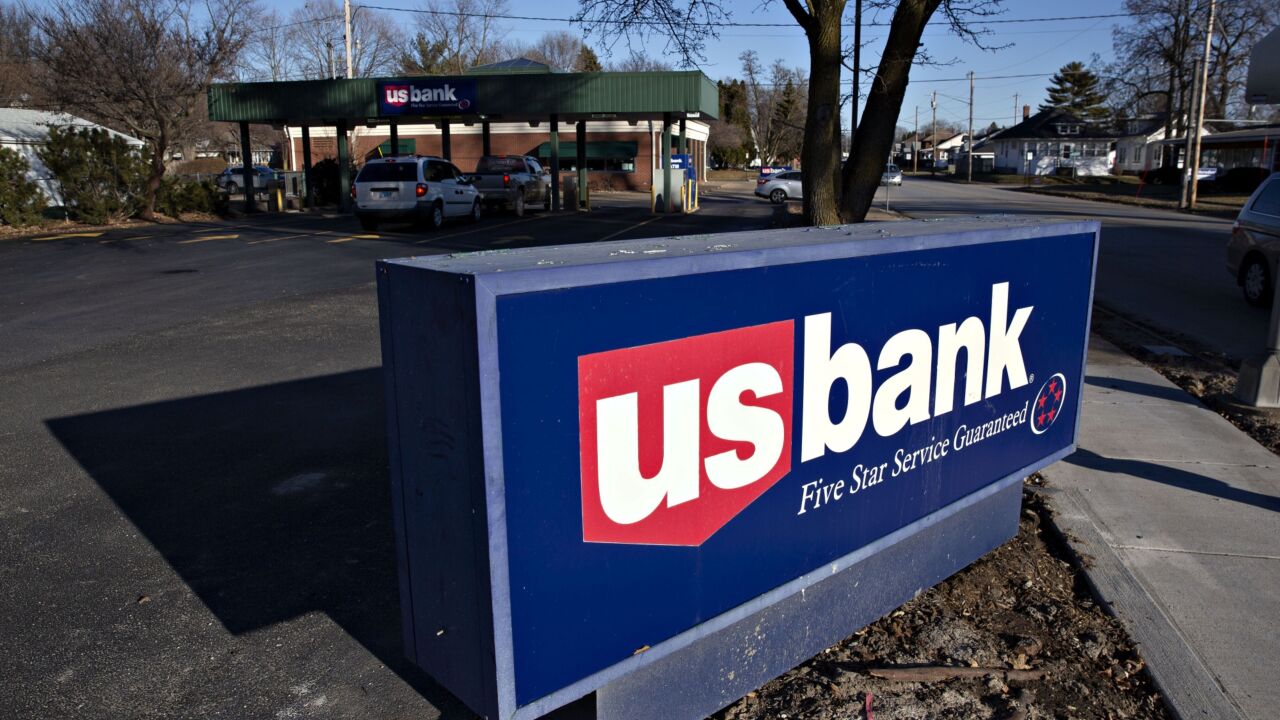Even as consumers shift more spending away from cash and the market for personal travel picks up, the coronavirus pandemic is still exerting a heavy toll on Mastercard's consumer and corporate spending.
For the quarter ending Sept. 30, Mastercard reported earnings of $1.60 per share, or below the Zacks Consensus estimate of $1.65 per share. Such a miss is rare for Mastercard; in the prior quarter, the Purchase, N.Y.-based card network reported earnings of $1.36 per share, which was well above the Zacks estimate of $1.15.
“We remain focused on the things we can control, such as investing in the business for the longer term and focusing on managing expenses,” said Ajay Banga, Mastercard’s CEO, during Wednesday’s earnings call. “Overall, we see signs of improvement. We aren't out of the woods yet, the progress through the phases of recovery may not be linear, it will take time.”
Mastercard also reported revenue of $3.84 billion for the quarter ending Sept. 30, missing the Zacks estimate by 2.6%. It’s also below Mastercard’s prior year revenue of $4.47 billion for the same quarter. Mastercard did not provide forward guidance for earnings.

Mastercard has divided the stages of coronavirus recovery into containment, stabilization, normalizing and growth. Most markets are in the normalizing phase, Banga said. Revenue is up 3% from the prior quarter and payment growth in October has been steady, Mastercard reported, adding that payment volumes outside of travel and entertainment are similar to before the pandemic. Travel and entertainment will likely not recover until there is a vaccine or other medical solution widely available, likely not until early 2022, Mastercard reported.
Personal travel will come back faster due to pent up demand, the card brand projected, adding Mastercard's primary exposure in travel is domestic and business trips.
"It won't be a light switch; as testing gets better there will be steps that will get us back to travel," said Michael Miebach, president of Mastercard. Miebach will become CEO when Banga steps down at the end of the year.
Mastercard is leaning into its digital strategy to accommodate the rush to contactless and automated payments, point of sale credit and card not present channels that has accompanied the pandemic and subsequent economic downturn.
“As economies reopen, people will shop in stores but e-commerce will remain elevated,” said Miebach. The card brand’s research found 70% of consumers say the shift to electronic payments will be permanent. Mastercard should be helped by consumers’ aversion to cash, reporting 60% of consumers plan to use cash less even after the pandemic subsides.
Mastercard is focusing on services, such as fraud prevention, to diversify its revenue streams and is also boosting investment in point of sale credit — with Miebach referencing Mastercard’s buy-now-pay-later partnership (BNPL) with TSYS, for example.
“It’s a hot space, we're active in this area with several partnerships,” Miebach said. “Broadly speaking, the way we get involved is not to get involved on the credit side, but to connect with merchants and lenders. It’s a nice transaction business that lends to payments.”
BNPL has grown in popularity as more consumers seek installment payment options as a way to avoid revolving debt, pushing Visa and Mastercard to offer the service despite its potential to cannibalize credit card spending. Mastercard is pushing its partnerships with fintechs to build ancillary merchant technology as a path to revenue diversification and also a way to position for long-term trends.
The card brand also reported progress for the universal buy button for online transactions (
“Tokenizaiton for us is building the foundation for secure and frictionless transactions,” Banga said.





